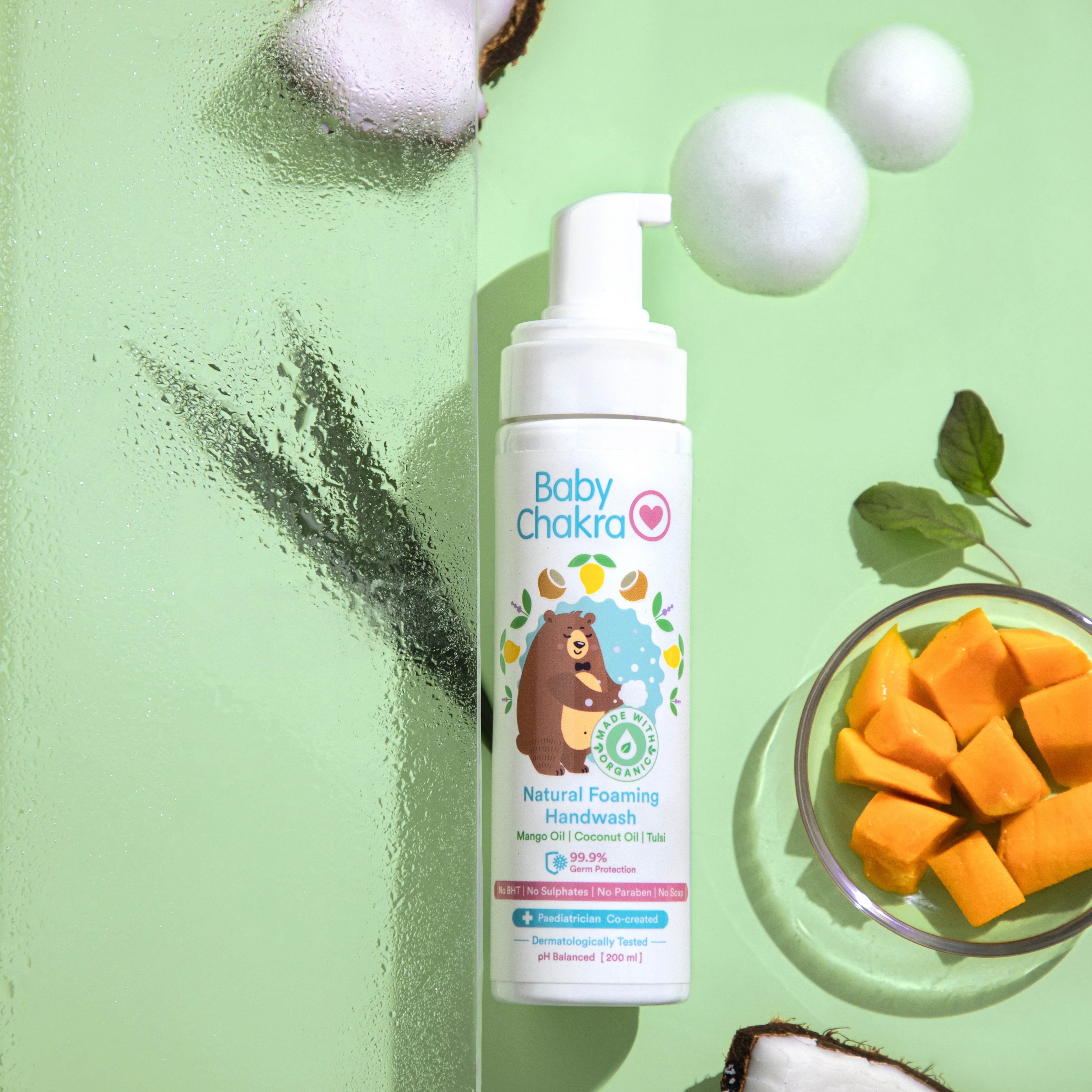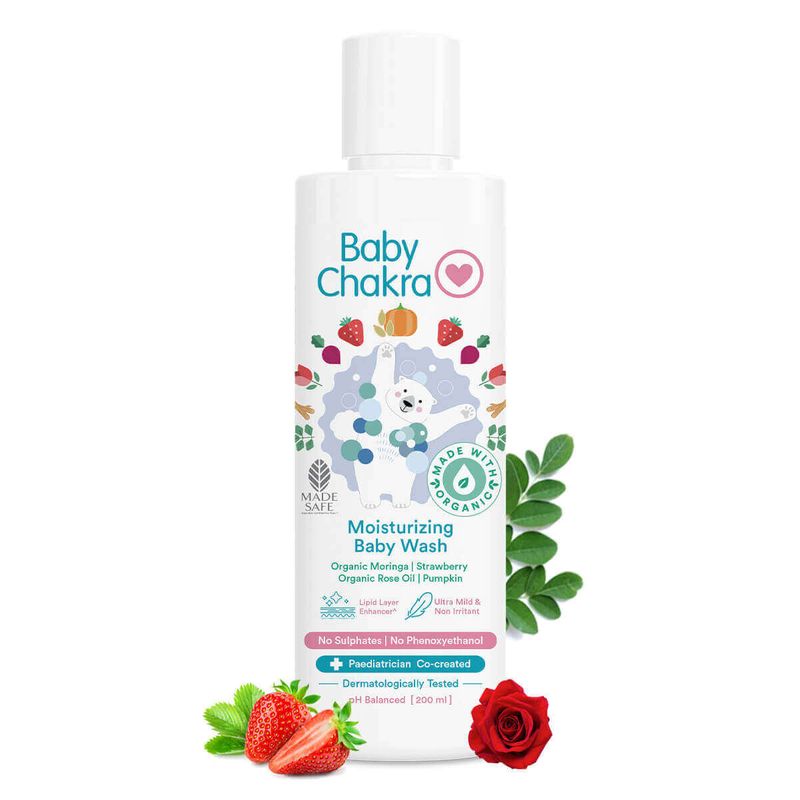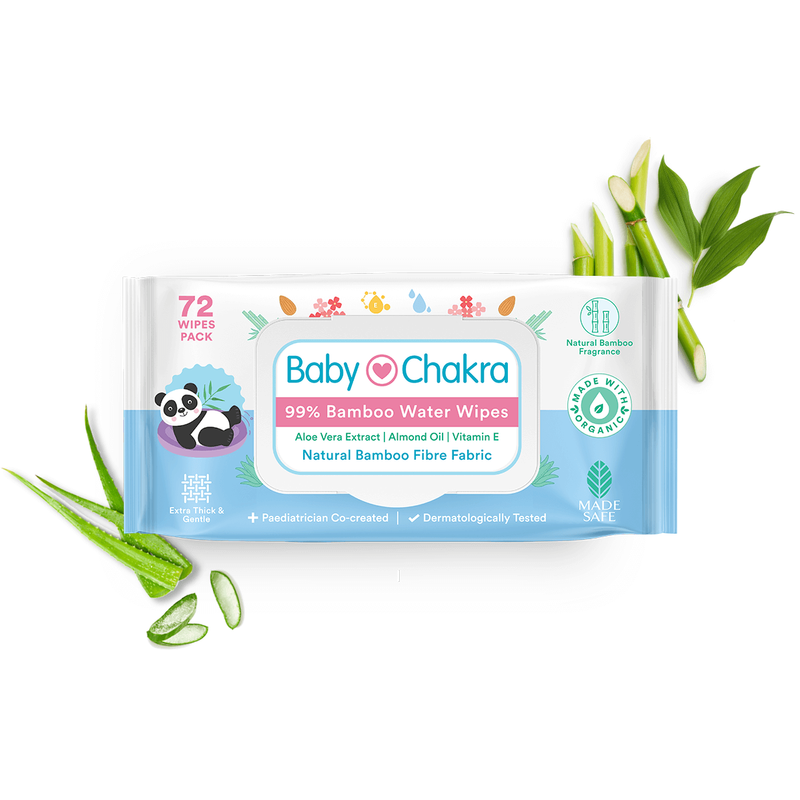
Bird Flu Symptoms In Kids: Causes And How To Prevent It
27 Feb 2023 | 4 min Read
Manisha Pradhan
Author | 1053 Articles
Reports of the bird flu pandemic have been doing the rounds after an 11-year-old girl died from the virus in Cambodia recently. The WHO has described the situation as worrying because of the recent rise in cases in birds and mammals.
Parents are worried about whether the bird flu will spark the next pandemic. Here’s all that you need to know about bird flu symptoms, its causes and how to prevent it in kids so that you can keep your kids safe.
What Is Bird Flu?
Bird flu, also known as avian flu or avian influenza, is a highly infectious viral disease that primarily affects birds. It is caused by the influenza A virus, which has multiple strains, including:
- H5N1
- H7N9
- H5N6
- H5N8
The avian flu is transmitted to humans when they travel from the droppings, saliva or mucus of an infected bird into their mouth, eyes or nose.
Children are at a higher risk of contracting bird flu, and if not treated on time, it can lead to other severe health complications.
What Are The Symptoms Of Bird Flu In Kids?
The symptoms of bird flu in children are similar to those of seasonal flu, but they may be more severe. The symptoms usually appear within three to five days after the child is infected with the virus and include:
- Fever
- Cough
- Sore throat
- Runny or stuffy nose
- Muscle aches
- Fatigue
- Headache
- Nausea or vomiting
- Diarrhoea
Bird flu can even cause more severe illnesses like pneumonia, acute respiratory distress syndrome (ARDS), multiple organ failure, and even death.
What Are The Causes of Bird Flu?
Bird flu can spread from birds to humans in two ways:
- Coming into contact with an infected bird either dead or alive. This happens when a child either touches infected birds or their bedding and droppings.
- Eating raw and undercooked poultry products like meat and eggs that are contaminated with the virus.
The risk of human infection is highest in people who work closely with birds, such as those:
- Poultry farmers
- Bird handlers
- Veterinarians
However, human-to-human transmission of bird flu usually occurs only if a person comes in close contact with an infected person.
How Can I Prevent Bird Flu?
There are several ways you can help prevent bird flu in kids. Some of them are:
- Washing hands regularly
Regular hand washing with a baby-friendly soap or wash can help prevent the spread of bird flu.
- Avoiding close contact with birds
Children should avoid contact with birds, especially poultry, in areas where bird flu is prevalent.
- Teaching kids not to touch surfaces where birds are likely to sit
Make sure kids do not touch surfaces like window sills and window grills where birds like pigeons commonly sit or leave their droppings.
- Cooking poultry products properly
If you cannot avoid eating poultry products then make sure all poultry products including eggs are cooked thoroughly.
Besides these precautions, it is best to avoid travelling to countries with bird flu outbreaks.
What Is The Treatment For Bird Flu In Kids?
There is no specific treatment for bird flu in children. The treatment usually involves managing the symptoms of the disease.
Antiviral medications such as oseltamivir (Tamiflu) and zanamivir (Relenza) may be given to children with severe cases, but they are most effective when given within 48 hours of symptom onset.
In some severe cases, hospitalisation may be required.
How Is Bird Flu Tested?
To confirm bird flu, the doctor may:
Do a nose and throat swab.
If your child is coughing up phlegm then the phlegm may be tested for the virus.
Bird flu in children is a serious disease and can have severe consequences for their health. However, if you start the treatment as soon as you notice the symptoms, then it can reduce the risk of other complications.
Try these natural hygiene products for kids.
Also Read:
Why Does My Child Keep Falling Ill?: Tips of how to keep your child healthy.
Are Kids More Prone To Developing Auto-Immune Diseases? Find Out Here
Cover image source: freepik
A


Related Topics for you
Suggestions offered by doctors on BabyChakra are of advisory nature i.e., for educational and informational purposes only. Content posted on, created for, or compiled by BabyChakra is not intended or designed to replace your doctor's independent judgment about any symptom, condition, or the appropriateness or risks of a procedure or treatment for a given person.



